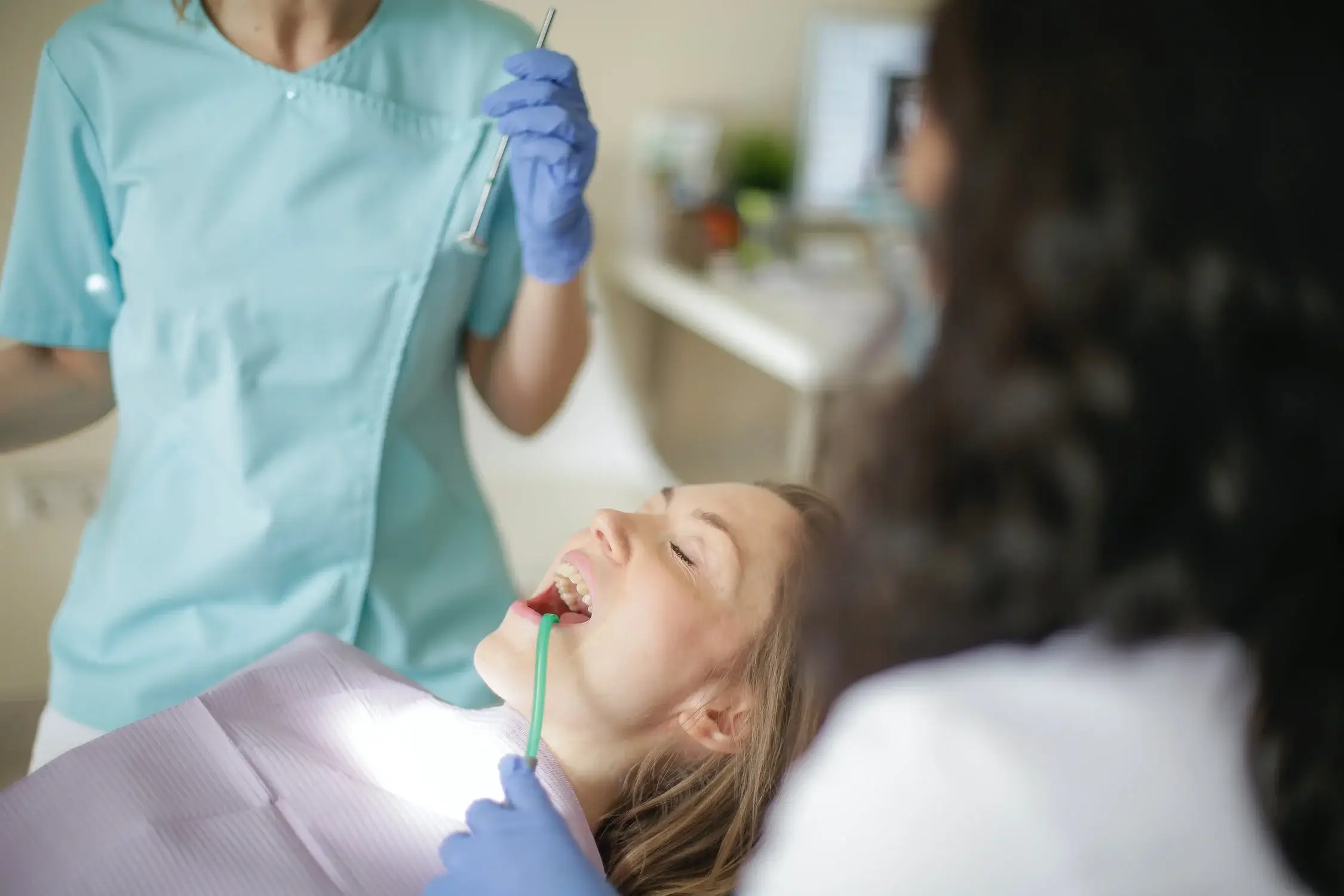Gingivitis is a common and mild form of gum disease (also known as periodontal disease) that can cause irritation, redness and inflammation and/or swelling of your gingiva – which is part of your gum around the base of your teeth.
The most common cause of gingivitis is poor oral hygiene, and in order to prevent and reverse gingivitis one must get into good oral health habits.
What Are the Symptoms of Gingivitis?
While these symptoms may not specifically indicate gingivitis, there are some basic symptoms which point towards it. A healthy set of gums are usually firm, pale pink and fitted tightly around the teeth. However, signs and symptoms of gingivitis include:
- Swollen or puffy gums
- Dark red gums
- Gums that bleed easily when you brush or floss
- Bad breath
- Receding gums
- Tender gums
What Causes Gingivitis?
Gingivitis is most commonly caused by poor oral hygiene, which then encourages plaque to form on the teeth and causes inflammation of the surrounding gum tissues. Here are some of the ways in which a plaque build-up can lead to gingivitis:
Plaque Formation on Teeth:
Plaque is a sometimes-invisible sticky film made up mainly of bacteria that forms on your teeth when starches and sugars in food interact with the bacteria normally found in your mouth.
Plaque Turns into Tartar:
When plaque is left on the teeth, it can harden under your gum line and into tartar. It makes plaque difficult to remove, creates an almost protective-like shield for bacteria and causes irritation along the gumline. In order to remove tartar, you will need professional dental cleaning.
Gingiva Becomes Inflamed:
The longer that plaque and tartar is neglected, the more the gingiva becomes irritated. Over time, your gums will become swollen and will bleed easily as well as tooth decay. If left untreated, gingivitis can develop into periodontitis and eventual tooth loss.
Who Is at Risk of Gingivitis?
Gingivitis is extremely common and nobody is exempt from developing it. Things that can increase your chances of developing gingivitis are:
- Poor oral care/hygiene habits
- Smoking or chewing tobacco
- Older age
- Dry mouth
- Poor nutrition
- Dental restorations or crooked teeth that are difficult to clean
- Conditions that decrease immunity such as leukaemia, HIV/AIDS or cancer treatment
- Certain medications (such as phenytoin for epileptic seizures and some angina medications), high blood pressure and other conditions
- Hormonal changes (those related to pregnancy, menstrual cycle or use of birth control pills)
- Genetics
- Medical conditions such as certain viral and fungal infections
How Can I Prevent Gingivitis?
Good Oral Hygiene: Brushing your teeth twice a day for 2 minutes every day and flossing at least once a day, and flossing before you brush allows the cleaning away of loosened food particles and bacteria.
Regular Dental Visits: Seeing your dentist or dental hygienist regularly for check-ups every 6-12 months. If your lifestyle contains risk factors that increase chances or periodontitis (such as dry mouth, medications or smoking) you’ll probably need professional cleaning more often.
Good Oral Health: Practices such as healthy eating and managing blood sugar if you have diabetes are also important factors in maintaining gum health. Alternatively, you can purchase anti-gingivitis toothpaste and mouthwash that is specially formulated for your gums. This and a good daily oral hygiene routine will eliminate gingivitis-causing plaque.


 71–75 Shelton Street, Covent Garden, London, WC2H 9JQ
71–75 Shelton Street, Covent Garden, London, WC2H 9JQ +44 (0) 20 3376 1032
+44 (0) 20 3376 1032



